How Long Does It Take to Fully Charge an Electric Vehicle? As you consider switching to an electric vehicle (EV), one of the key questions you might have is about the time it takes to fully charge it. Understanding EV charging times is crucial for a seamless ownership experience.
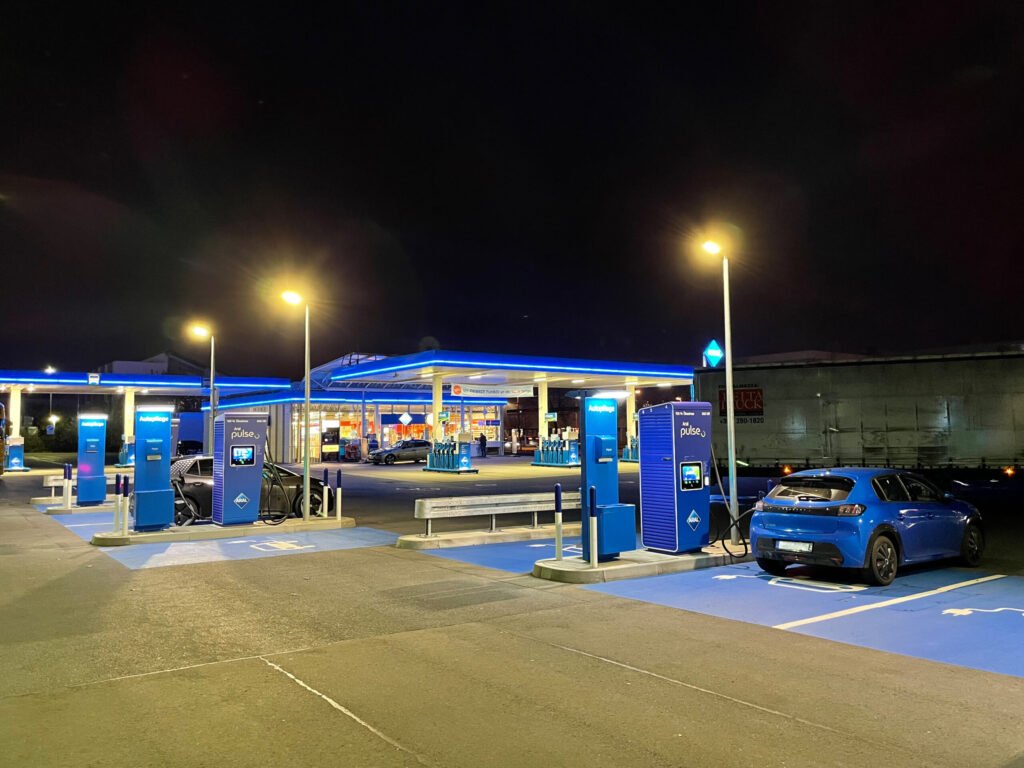
The time it takes to fully charge an electric vehicle depends on several factors, including the type of charger used and the vehicle’s battery capacity. Different chargers offer varying charging speeds, and knowing how they work can help you make the most of your EV charging experience.
Key Takeaways
- EV charging times vary based on the charger type and vehicle battery.
- Understanding different charger types is crucial for efficient charging.
- Charging speed is influenced by the vehicle’s battery capacity.
- Proper charging habits can extend the life of your EV’s battery.
- Public charging infrastructure is expanding, making long trips more feasible.
Understanding Electric Vehicle Charging Basics
As you embark on your EV journey, grasping the charging basics is essential. Understanding the different types of chargers and charging options available is crucial for a seamless experience.
Types of EV Chargers
There are three primary types of EV chargers: Level1, Level2, and DC Fast Chargers.
Level1 Chargers
- use a standard household outlet and are the slowest, ideal for overnight charging at home.
Level2 Chargers
- are faster and require a dedicated 240-volt charging station, making them suitable for daily driving needs.
DC Fast Chargers
- are the fastest and can charge an EV to 80% in under 30 minutes, perfect for long trips or quick top-ups.
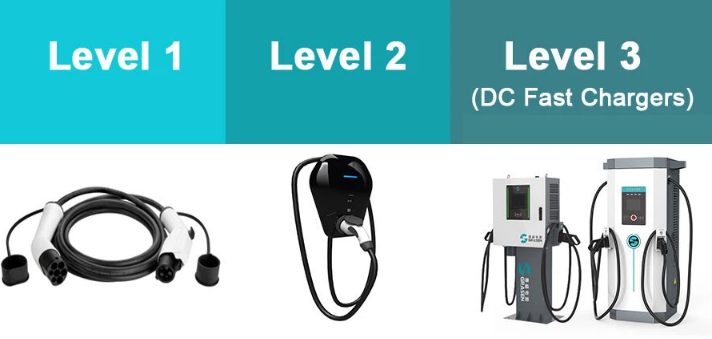
Home vs. Public Charging Options
You have the option to charge your EV at home or use public charging stations. Home charging, especially with a Level2 charger, is convenient for daily needs. Public charging is ideal for long trips or when you’re away from home. Understanding your charging needs and options can significantly impact your ev charging time and overall experience.
How Long Does It Take to Fully Charge an Electric Vehicle?
Charging an electric vehicle can take anywhere from under an hour to over a day, depending on the type of charger used. The charging duration is primarily influenced by the type of charger and the vehicle’s battery capacity.
Level 1 Charging Duration
Level 1 charging, which uses a standard 120-volt household outlet, is the slowest method. It can take up to 24 hours to fully charge an electric vehicle, making it suitable for overnight charging at home.
Level 2 Charging Duration
Level 2 charging, utilizing a 240-volt charging station, significantly reduces charging time. Typically, it takes between 4 to 8 hours to achieve a full charge, making it a popular choice for both home and public charging stations.
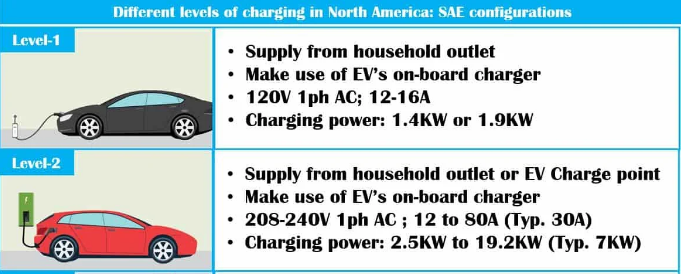
DC Fast Charging Duration
DC Fast Charging is the quickest method available, capable of charging an electric vehicle to 80% in under 30 minutes. This rapid charging capability is especially useful for long-distance travel, allowing drivers to quickly recharge during stops.
Charging Times for Popular EV Models
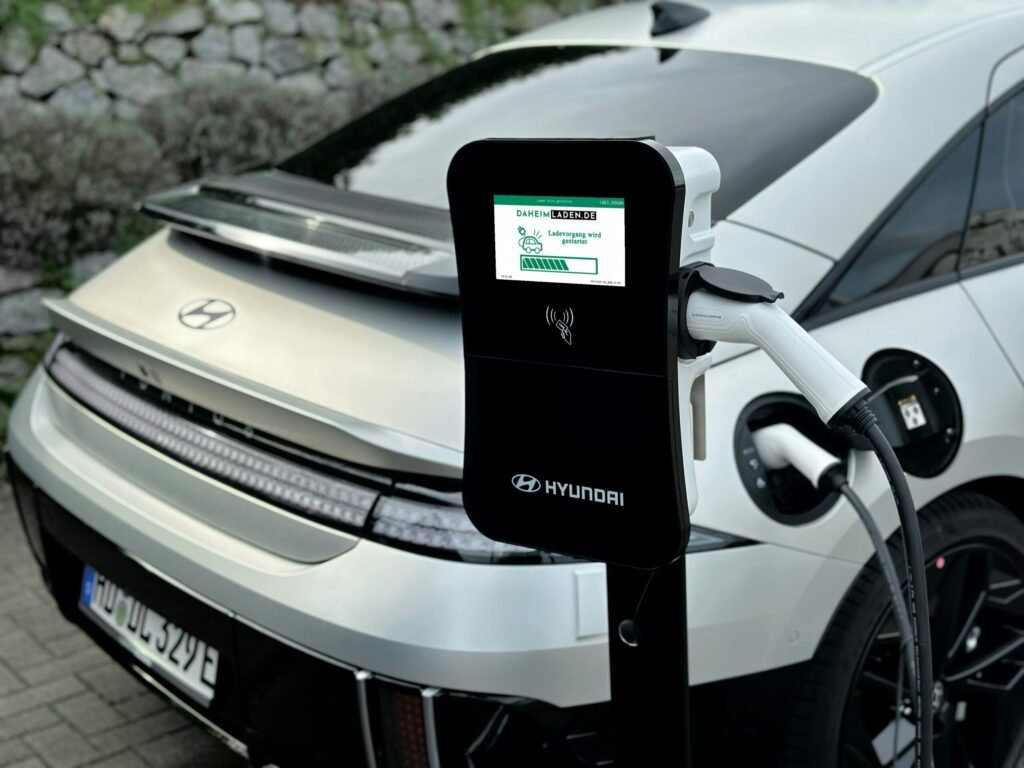
Different electric vehicle models have varying charging times based on their battery capacity and the charger’s power output. For instance, a Tesla Model 3 can charge to 80% in about 30 minutes with a DC Fast Charger, while other models may have slightly different charging times.
Understanding these charging times can help you plan your charging sessions more effectively, ensuring your electric vehicle is always ready when you need it.
Factors Affecting Your EV Charging Speed
Several key factors determine how quickly you can charge your electric vehicle. Understanding these factors can help you optimize your charging experience, whether you’re charging an electric vehicle at home or using public charging stations.
Battery Capacity and State of Charge
The capacity of your EV’s battery and its current state of charge significantly impact charging speed. A completely depleted battery takes longer to charge than a partially charged one. For instance, charging a battery from 0% to 80% is generally faster than charging it from 80% to 100%.
Charger Power Output and Vehicle Limitations
The power output of the charger and the vehicle’s charging limitations also play a crucial role. Level 2 chargers, commonly used for home charging, offer faster charging than Level 1 chargers. However, the vehicle’s onboard charger limits how quickly it can accept charge.
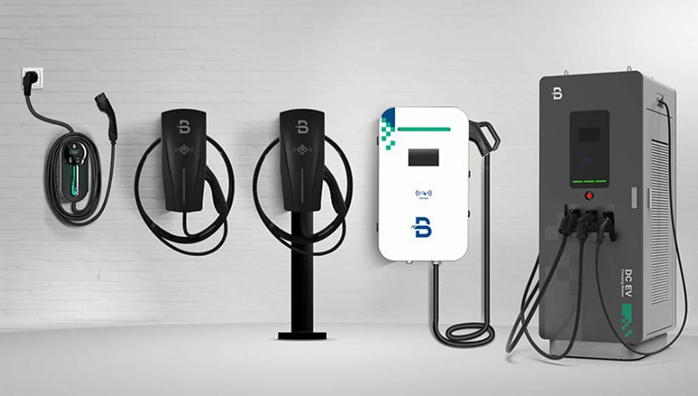
Environmental Factors
Environmental factors, such as extreme temperatures, can affect battery performance and charging efficiency. Charging your EV in moderate temperatures can help maintain its health and charging speed.
Tips for Faster and More Efficient Charging
To charge your EV more efficiently, consider charging at home with a Level 2 charger, avoid extreme temperatures, and keep your battery between 20% and 80% charged if you’re not planning a long trip. These practices can help optimize your EV’s charging speed and overall battery health.
Conclusion: Making the Most of Your EV Charging Experience
Understanding how to charge your EV efficiently can significantly enhance your ownership experience. Knowing the average time to charge an electric car helps you plan your daily routine and make the most of your vehicle’s capabilities.
By following tips for faster EV charging, you can reduce charging time and enjoy the full benefits of electric vehicle ownership. Whether you’re charging at home or on the go, being informed about best practices for EV charging will help you save time.
As you continue to own and drive your EV, you’ll become more comfortable with its charging needs, allowing you to fully enjoy the benefits of electric vehicle ownership.
FAQ
How long does it take to fully charge an electric vehicle?
The time it takes to fully charge an electric vehicle depends on the type of charger used. Level1 charging can take up to 24 hours, Level2 charging typically takes between 4 to 8 hours, and DC Fast Charging can charge an EV to 80% in under 30 minutes.
What are the different types of EV chargers available?
There are three main types of EV chargers: Level1, Level2, and DC Fast Chargers. Level1 chargers use a standard household outlet, Level2 chargers require a dedicated 240-volt charging station, and DC Fast Chargers are the fastest and can be found at public charging stations.
Can I charge my electric vehicle at home?
Yes, you can charge your electric vehicle at home using a Level1 or Level2 charger. Home charging is convenient, especially with a Level2 charger, which can charge your EV faster than a Level1 charger.
How do environmental factors affect EV charging speed?
Environmental factors like extreme temperatures can affect battery performance and charging efficiency. It’s recommended to avoid charging your EV in extremely hot or cold temperatures to optimize charging speed.
What are some tips for faster and more efficient EV charging?
To charge your EV more efficiently, consider charging at home with a Level2 charger, avoid extreme temperatures, and keep your battery between 20% and 80% charged if you’re not planning a long trip.
How does the state of charge affect EV charging time?
The state of charge plays a significant role in EV charging time. Charging a completely depleted battery takes longer than topping up a partially charged one.
What is the fastest way to charge an electric vehicle?
The fastest way to charge an electric vehicle is by using a DC Fast Charger, which can charge an EV to 80% in under 30 minutes.






